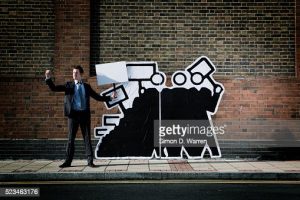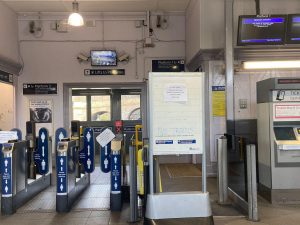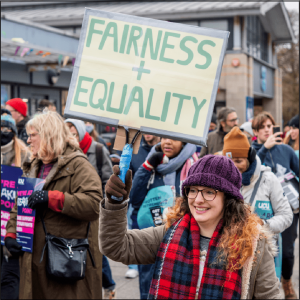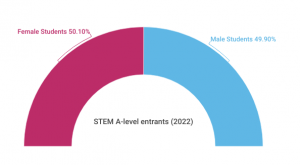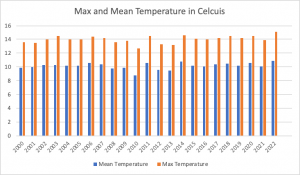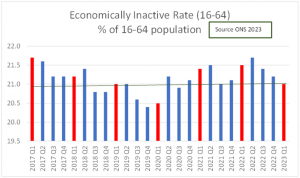Controversial strike legislation
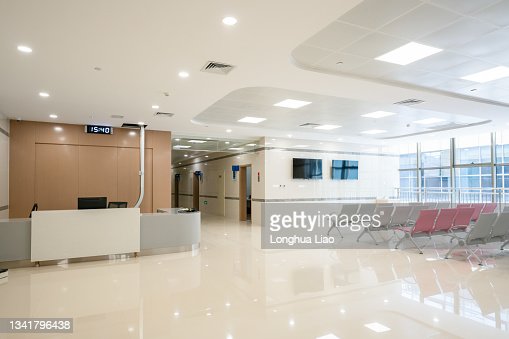
As ambulance drivers, nurses, transport workers, and teachers take a stance against the crisis in our public services, the UK is experiencing record-high levels of strike activity. However, the government seems determined to punish frontline employees who speak up when they do, rather than interacting with the people who make our nation function or finding solutions to staffing shortages and waiting lists.
Six important public services—health, fire and rescue, education, transportation, decommissioning of nuclear installations and management of radioactive waste and spent fuel, as well as border security—will be subject to “minimum service levels” that the government will be able to determine.
The government has the authority to set the cap on these “service levels,” and it may do so without consulting the unions that represent the important workers who would be affected. However, no information is provided regarding the cap.
The administration aims to make some persons who have democratically and legally chosen to participate in a strike go to work on strike days based on these thresholds. Yvonne Parkes, a nurse at Whittington Hospital, explains that she completely stands for the strikes and believes that workers are not given the treatment they deserve. “It’s not fair that all this pressure is being put on us, especially during the covid period, and we’re not being treated like the heroes we are. Day in and day out, saving numerous lives time and time again, and the Government refuse to give us our credit. Well, I refuse to work like this.
During several instances of public sector industrial action, the Government revealed early suggestions for the passage of laws that it claimed would provide “minimum safety requirements.”
As ambulance drivers, nurses, transport workers, and teachers take a stance against the crisis in our public services, the UK is experiencing record-high levels of strike activity. However, the government seems determined to punish frontline employees who speak up when they do, rather than interacting with the people who make our nation function or finding solutions to staffing shortages and waiting lists.
Six important public services—health, fire and rescue, education, transportation, decommissioning of nuclear installations and management of radioactive waste and spent fuel, as well as border security—will be subject to “minimum service levels” that the government will be able to determine.
The government has the authority to set the cap on these “service levels,” and it may do so without consulting the unions that represent the important workers who would be affected. However, no information is provided regarding the cap.
The administration aims to make some persons who have democratically and legally chosen to participate in a strike go to work on strike days based on these thresholds. Yvonne Parkes, a nurse at Whittington Hospital, explains that she completely stands for the strikes and believes that workers are not given the treatment they deserve. “It’s not fair that all this pressure is being put on us, especially during the covid period, and we’re not being treated like the heroes we are. Day in and day out, saving numerous lives time and time again, and the Government refuse to give us our credit. Well, I refuse to work like this.

